October 4th, 2013
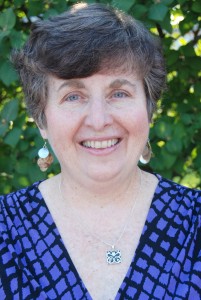
I loved this book, an award winning book for good reason. Ann Tatlock developed strong characters and wove their story through historical struggles of race and war in our country. Beginning with a childhood friendship, Tatlock carefully crafts an epic, taking us on a journey that gives an inside view of World War II experiences both for the American soldiers and the Japanese Americans in California, and then the Civil Rights experience in Mississippi in the 60s, as the friends reunite and work together in the midst of hate to find a path of love and community.
I entered this book slowly, over many nights, because I didn’t want to feel the pain I knew was coming. But then, as the story grew, I became more and more eager to read. By taking us to both sides of the pain; both the Americans in Japanese prisoner camps and the Japanese Americans in American Relocation Camps, Tatlock created a multi-dimensional commentary on the problems of society that often produces hate and discrimination, while showing an alternative way that chooses love.
I found the book deeply spiritual, while criticizing the church for its silence at times. Yet she let us see the dark and light human sides of the church; in the priest that doesn’t have time for two little girls looking for God, or the KKK members of southern congregations, and the Black church inspiring those working for the civil rights revolution. In the end, both Augie and Sunny found God with them, and a path to forgiveness. Thank you Ann, for writing a complex and hopeful tribute to those who chose love.
October 4th, 2013
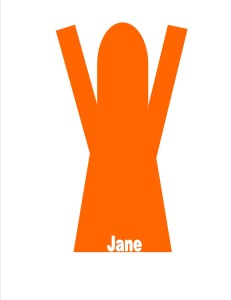
I never knew about all of this. I was a young girl during the civil rights movement, attending an all white school in Dayton. I realize I still have some things to learn. I know some people want to yank history out of the schools, I thought it might be a good idea myself. But this book tells me it’s important to keep it in there. We need to know. It’s hard to hear, but we need to know.
October 4th, 2013
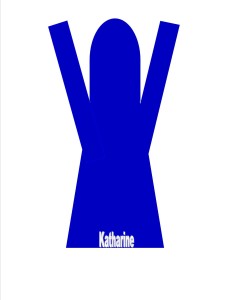
I was intrigued with her descriptions from the inside of the Japanese Americans dealing with the aftermath of Pearl Harbor in California and the African Americans, struggling to exercise their right to vote. She did her research and wrote a powerful story, incorporating their experience.
October 4th, 2013
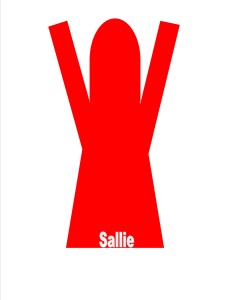
Childhood friendship that takes the cake! Young children don’t have the prejudice of the old. I loved the pure relationship between Augie and Sunny and the way Augie reminded us of the universal need to be loved. She found the love in Sunny’s Japanese home, lacking in her own. Flowers grow toward the sun, and people too stretch toward places of light and love.
October 4th, 2013
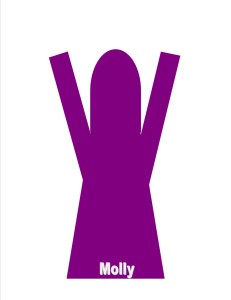
Land oh my! For a white lady she sure wrote the journey of my people in Mississippi up well. Henry Lee’s worship before the voter registration trip did God proud. Especially, I appreciated the way she made those Blacks in the South deeply spiritual. Often the case, that those who suffer the most are closer to Jesus. But this was also hard for me to read. If you meet angry Black people, who don’t trust whites – remember that this story took place less than 100 years ago, and racism is still alive today.
October 4th, 2013
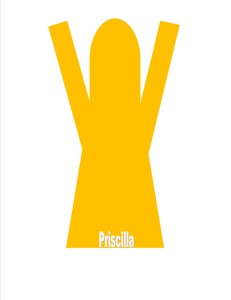
I liked Sunny and her husband, their love and their allegiance to Jesus which caused them to stand up for what’s right. Helping those people in the South with learning to pass the registration test and then facing persecution along side them, just like Jesus would do.
October 4th, 2013
Where do I  begin? Ann Tatlock did an awesome job writing a very human and deeply spiritual book. As a Quaker, we don’t believe in violence, but not to say that there’s plenty of evil needing corrected out there. I’m reminded of Pogo’s quote, “We have met the enemy, and it is us.” Whether it’s the Americans hating the Japanese or the Japanese fighting the Americans, or the white Southerners thinking they’re better than people of color, which gives them license to kill them for no other reason. Even Augie, who seemed infinitely good, finally realized she had to go home and forgive her uncle. This book makes you think and hope that people will keep trying to love through hate.
begin? Ann Tatlock did an awesome job writing a very human and deeply spiritual book. As a Quaker, we don’t believe in violence, but not to say that there’s plenty of evil needing corrected out there. I’m reminded of Pogo’s quote, “We have met the enemy, and it is us.” Whether it’s the Americans hating the Japanese or the Japanese fighting the Americans, or the white Southerners thinking they’re better than people of color, which gives them license to kill them for no other reason. Even Augie, who seemed infinitely good, finally realized she had to go home and forgive her uncle. This book makes you think and hope that people will keep trying to love through hate.







